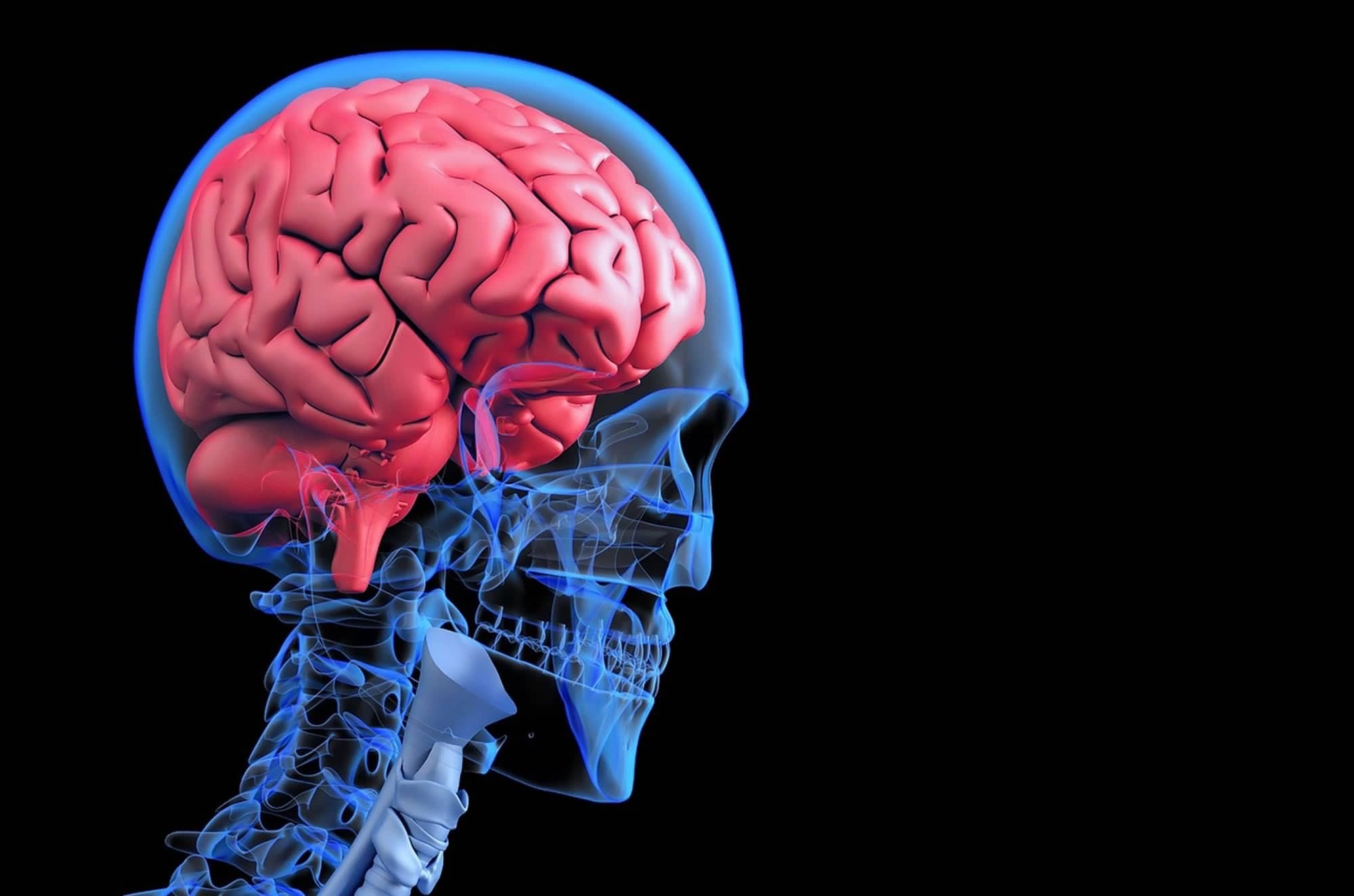RankBrain is part of Google's core algorithm that uses machine learning (the ability of machines to self-learn from data entry) to determine the most relevant results for search engine searches. Pre-RankBrain, Google used the basic algorithm to determine which results should be displayed for a specific search query. Post-RankBrain believes that the query now goes through an interpretation model that can apply potential factors, such as the location of the searcher, personalization and the words of the query, to determine the true intention of the searcher. By distinguishing this true intention, Google can deliver more relevant results.
RankBrain is part of Google's core algorithm that uses machine learning (the ability of machines to self-learn from data entry) to determine the most relevant results for search engine searches. Pre-RankBrain, Google used the basic algorithm to determine which results should be displayed for a specific search query. Post-RankBrain believes that the query now goes through an interpretation model that can apply potential factors, such as the location of the searcher, personalization and the words of the query, to determine the true intention of the searcher. By distinguishing this true intention, Google can deliver more relevant results.
The machine learning aspect of RankBrain is what distinguishes it from other updates. To "learn" the RankBrain algorithm to produce useful search results, Google feeds this data from various sources. The algorithm then takes it from there, calculates and teaches itself over time to link different signals to different results and to rank search engine rankings based on these calculations.
Understanding RankBrain
To clearly conceptualize RankBrain, it can help to put yourself in the shoes of Google, trying to understand the meaning of a search engine query as an "Olympic location."
What is the true purpose of this search? Does the researcher want to know about the Summer Olympics or the Winter Olympics? Are they talking about an Olympic Games that has just ended, or one that will take place in four years? Is the researcher present at the Olympic Games, is he in a hotel and is he looking for directions to the location for the opening ceremony? Could they even look for historical information about the location of the first-ever Olympic Games in ancient Greece?
Now imagine that answering this question all you have are simplistic algorithm signals such as the quality of the content or the number of links that a piece of content has earned to rank results for this searcher. Imagine that the Winter Games in Sochi, Russia were just closed last month and the official Sochi Olympic website has earned millions of links for the content of this past event. If your algorithm is simplistic, it can only show results on the Sochi Games because they have earned the most links ... even if the seeker actually wanted to learn the location of the next Winter Olympics in Pyeongchang, South Korea.
It is within this complicated but common situation that RankBrain's capacity emerges as essential. It is only by mathematically calculating results based on patterns that the machine's algorithm has "noticed" in the search behavior that Google can determine, for example, that the majority of people looking up "Olympics Location" want to know where the next games are located (be it summer or winter). In this case, an answer box from Google with the location of the upcoming Games will serve most of the searchers needs.
Although the answer behind most searches for Olympic locations can be covered in this answer box, there are notable exceptions that Google needs to resolve. For example, if the search is performed by a user in an Olympic city (such as Pyeongchang) in the week of the games, Google can instead provide directions to the pavilion where the opening ceremony is being held. In other words, signals such as the location of the user and the freshness of the content must be taken into account to interpret the intention and deliver the results that are most likely to satisfy the searchers.
* RankBrain is a work in progress, with the aim of machine learning to perfect Google's interpretation of the seeker's intent over time.


